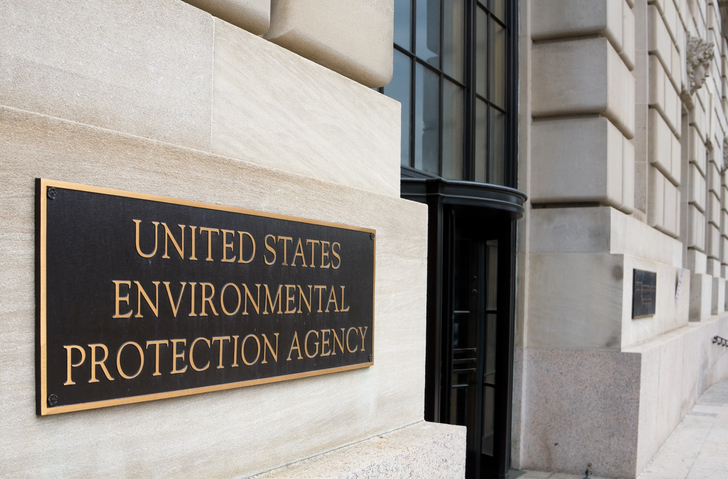The U.S. Environmental Protection Agency (EPA) has announced a temporary policy regarding EPA enforcement of environmental legal obligations during the ongoing COVID-19 pandemic. On March 26, 2020, EPA Administrator Andrew Wheeler stated: “EPA is committed to protecting human health and the environment, but recognizes challenges resulting from efforts to protect workers and the public from COVID-19 may directly impact the ability of regulated facilities to meet all federal regulatory requirements.” As a result, the EPA’s temporary enforcement discretion policy – which is designed to provide enforcement discretion under the current, extraordinary conditions, while ensuring facility operations continue to protect human health and the environment – applies to only to certain civil violations during the COVID-19 outbreak.
It is encouraging that the EPA recognizes and is mindful of the health and safety of the public, its staff, and those of other federal agencies, state and local governments, tribes, regulated entities, contractors, and non-governmental organizations during these extraordinary times. The EPA acknowledges the potential of worker shortages, as well as the travel and social distancing restrictions in place to limit the spread of COVID-19. It notes that facility operations, availability of key staff and contractors, and ability of laboratories to timely analyze samples and provide results are all potentially affected.
That said, the enforcement discretion under this policy is limited in scope and time, and the EPA warns those eligible for regulatory relief not to consider this action a free pass. Companies will be required to track their own violations, if they occur, and document how the violation was related to COVID-19, through staffing shortages or other issues. Further, the policy does not apply to criminal violations or existing conditions of probation in criminal sentences. The policy does not apply to activities that are carried out under Superfund and RCRA Corrective Action enforcement instruments, either. The EPA specifically expressed its concern about pesticide products too. This temporary policy addresses different categories of noncompliance differently. For example, under the policy EPA does not expect to seek penalties for noncompliance with routine monitoring and reporting obligations that are the result of the COVID-19 pandemic, but does expect operators of public water systems to continue to ensure the safety of our drinking water supplies. The policy also describes the steps that regulated facilities should take to qualify for enforcement discretion. A copy of the policy is available here, and potentially impacted regulated entities should be sure to review it before adjusting their course of conduct.
The policy will apply retroactively effective March 13, 2020. The EPA anticipates ongoing assessment of the continued need for the temporary policy, including modification of its scope, on a regular basis.

